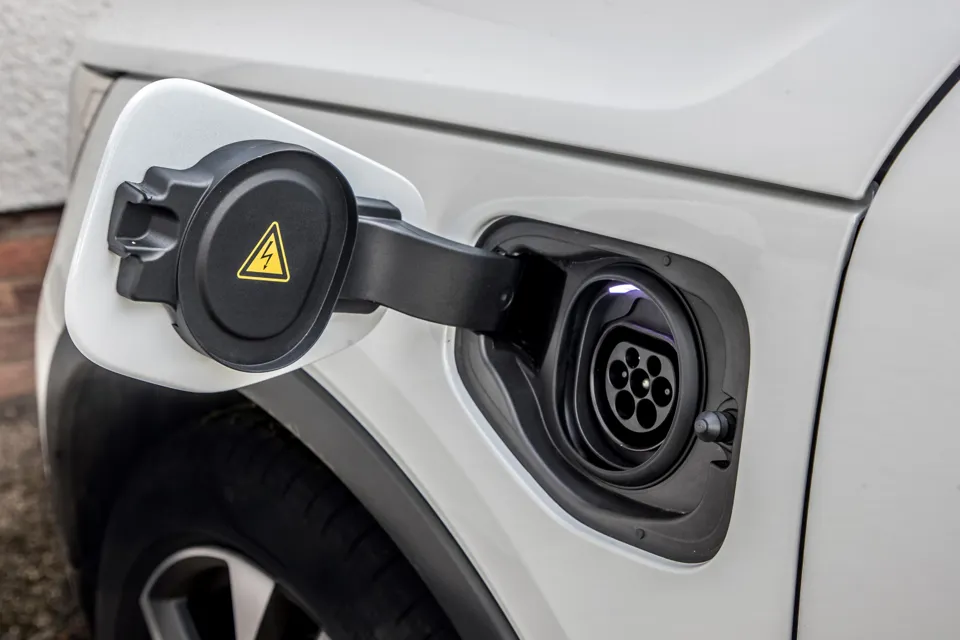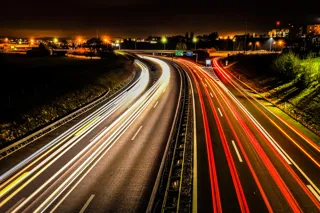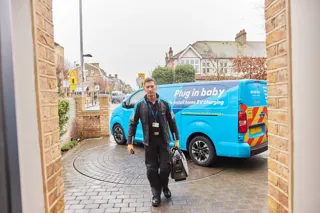Vodafone UK has set the ambitious target of eliminating carbon emissions from its 1,355-strong car and van fleet by 2027.
The move will see it beat the Government’s 2030 plan to halt the sale of new diesel and petrol engine cars and vans by three years.
Craig Login, Vodafone’s UK property and fleet contract manager, said: “We have been quite aggressively pursuing an electrification strategy for the fleet over the last two years, driven both by demands for drivers for zero emissions options and an overall company objective to meet this target.
“We are now in a position where 98% of the cars ordered by us in 2020 were either electric vehicles (EVs) or petrol-hybrid electric vehicles (PHEVs) and around two-thirds (66%) of the car fleet is now electric already.”
Login told delegates on an Arval webinar that this is a positive development, but the company wants to move things “even faster” if possible.
“Arval UK have been fundamental to our electrification process so far and we have now asked them to examine ways that they can move people out of our remaining petrol and diesel cars even faster, potentially before their replacement vehicle is due, and this would accelerate the process further,” he said.
Login believes an important component had been a switch to a whole life cost (WLC) based model recommended by Arval, replacing a previous method of basing choice lists on leasing costs.
He explained: “Without moving to WLCs it would’ve been impossible to make a financial argument for electrification. However, using this more accurate and advanced kind of calculation, we can see that overall costs for EVs and PHEVs are very similar, if not better than their internal combustion engine counterparts.”
During the webinar, Login added that Arval UK was also assisting Vodafone UK as it began the process of electrifying its van fleet.
“Adopting electric vans is potentially quite a lot more difficult than cars,” he said. “Essentially, in order to satisfy the emergency call-outs we receive, we need the vehicle to be near to full charge at the end of the day, as well as at the start.
“This is a tricky issue but there are potential solutions that we are working through with the assistance of Arval’s consultancy team.
“One especially useful tool that we are using is the Vodafone Automated Telematics system, which is creating a lot of useful data about how our vans are used in real-world conditions. This information will be fed into our electrification strategy going forward.”
Arval UK Commercial Director and webinar chair, Paul Hyne, added: “Vodafone UK’s corporate decision to achieve net zero three years ahead of the diesel and petrol deadline has spearheaded their fleet strategy and their journey is inspiring. This is one of the most rewarding partnerships with which Arval has been involved in recent years.”
To view a recording of the webinar visit bit.ly/VodafoneWebinar.






















Login to comment
Comments
No comments have been made yet.